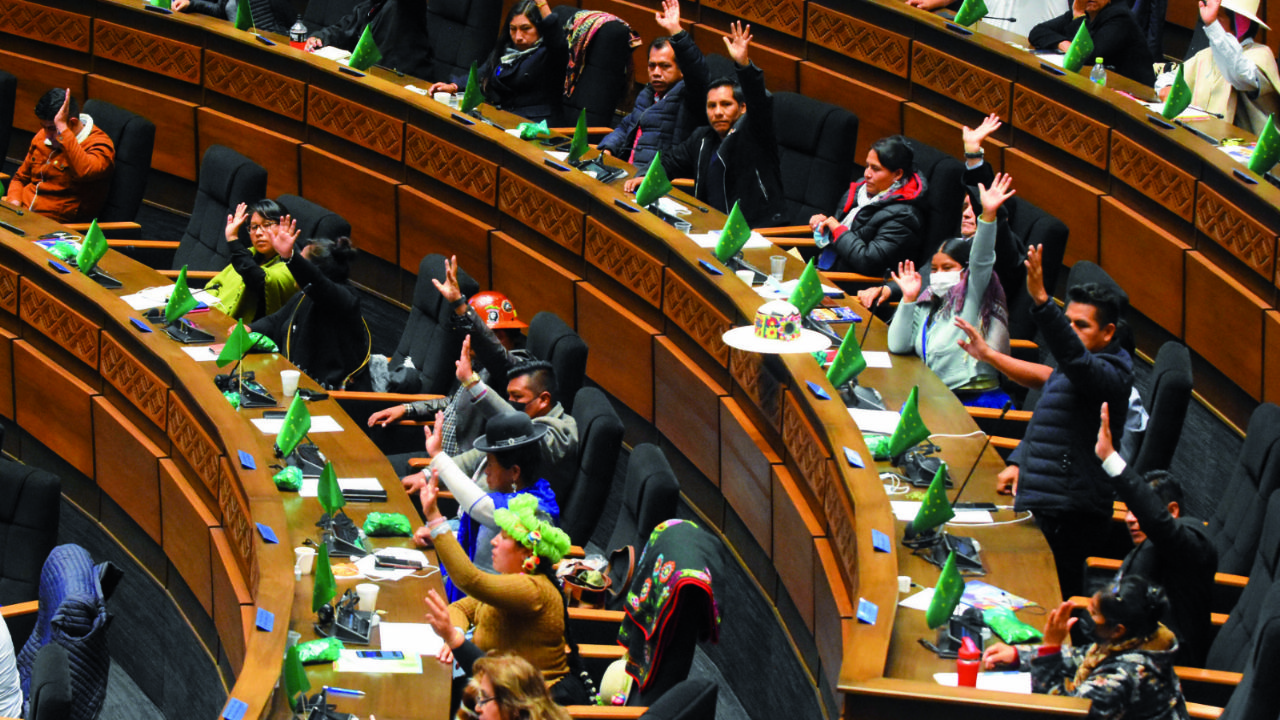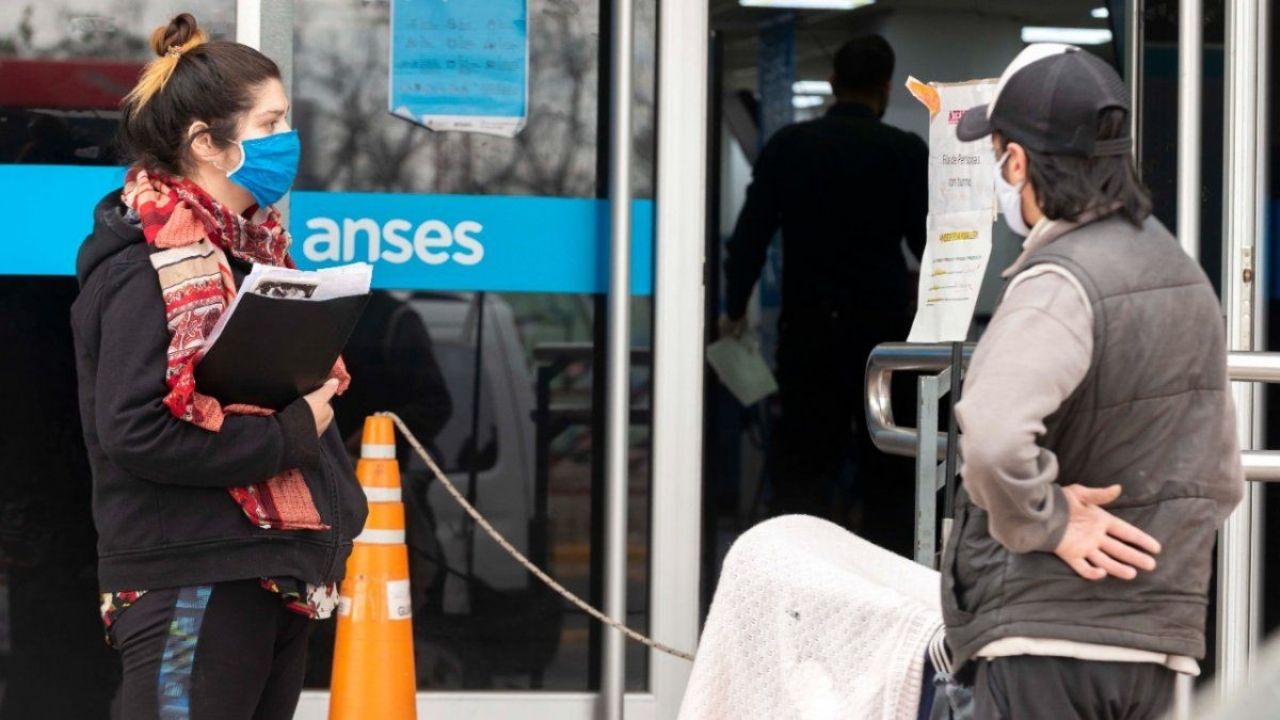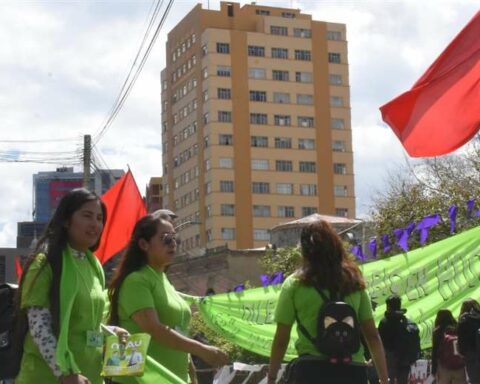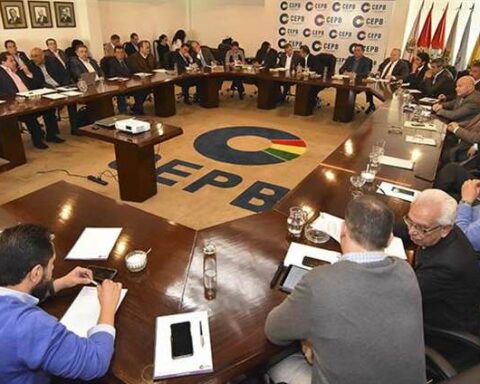Juan Pérez Munguía / La Paz
Through the draft Electoral Audit Law, the Movement Towards Socialism (MAS) intends to give the General Comptroller of the State (CGE) the authority to audit the 2019 elections and those to come. Experts agree that the normative proposal is unconstitutional and violates the independence of the Electoral Body.
“The Comptroller General of the State will carry out an audit, in accordance with this law, of the electoral process of October 20, 2019, within a maximum period of three months from the disbursement of resources by the Ministry of Economy and Public Finance”, It can be read in the single transitory provision of the project, accessed by Página Siete.
In this section it is added that, exceptionally, the result of the audit of the electoral process of October 20, 2019 “will not be binding”, but will “serve as evidence” for the corresponding legal actions.
The purpose of this project is to “regulate” the Electoral Audit around general and sub-national processes. To this end, according to article 3, the “Audit Committee” will be created, which will be in charge of the General Comptroller of the State and whose work will be carried out in accordance with the special auditing standards approved by the CGE.
“In the same way, the CGE may invite accredited national and / or international auditors and observers to accompany the audit work,” added in that article.
MAS deputy Ramiro Venegas, the designer, affirmed that the goal of this normative proposal is that “there is no doubt that democracy in Bolivia was violated” in 2019 with the audit of the Organization of American States, which concluded that in those elections there was a fraudulent manipulation at the level of the processing of the results and the minutes.
“We must establish who will be the objective entity to audit not only the 2019 election, but the next elections. Electoral audits are not within the Constitution, but this law has been presented so that the Comptroller’s Office can carry out the audit and not go to international organizations, ”said Venegas.
The bill also establishes that the electoral analysis can be carried out at the request of Parliament, by majority vote.
“The Electoral Body must issue the corresponding resolutions based on the conclusions of the electoral audit report, having the same binding nature and will also serve as evidence for any legal action that may correspond,” says Article 5.
The document was entered in the Lower House on September 15, 2021. It is now for the Constitutional Commission to review.
Venegas, during 2021, filed a complaint against former members Rosario Baptista and Salvador Romero. He also filed, unsuccessfully, cases against the president of the TSE, Óscar Hassenteufel, and vice president Nancy Gutiérrez seeking their suspension.
“Unconstitutional”
The constitutionalist Williams Bascopé declared that the project is unconstitutional, since the Constitution establishes the division of powers of the State. He stressed that the Magna Carta establishes that the Comptroller’s Office can only audit the economic management of the State.
“The Electoral Body is a power of the State. According to laws 018 and 026 and the Constitution, it is the only one that has powers on electoral matters. Law 1178 only gives the Comptroller the power to review the management of State resources, “he said.
Bascopé said that with this project he only intends “to twist the competences of the Comptroller’s Office”, to invade the attributions of one of the organs of the State.
“With this audit law they only question the legitimacy of the current elected authorities, they only want to wash the image of Evo Morales with the use of State institutions,” he added.
The political scientist Hugo San Martín affirmed that with the project the MAS intends to enhance and sanctify its narrative of a “coup d’état”, to prevent any investigation into fraud in the future, as well as to prevent a review of the registry.
“What they want is to avoid a review of the electoral roll and what it means to question electoral fraud. There is a process of deinstitutionalization, now all the institutions are in the hands of the MAS, ”he explained.
7
ARTICLES
has the bill
presented by the MAS deputy
Ramiro Venegas.








